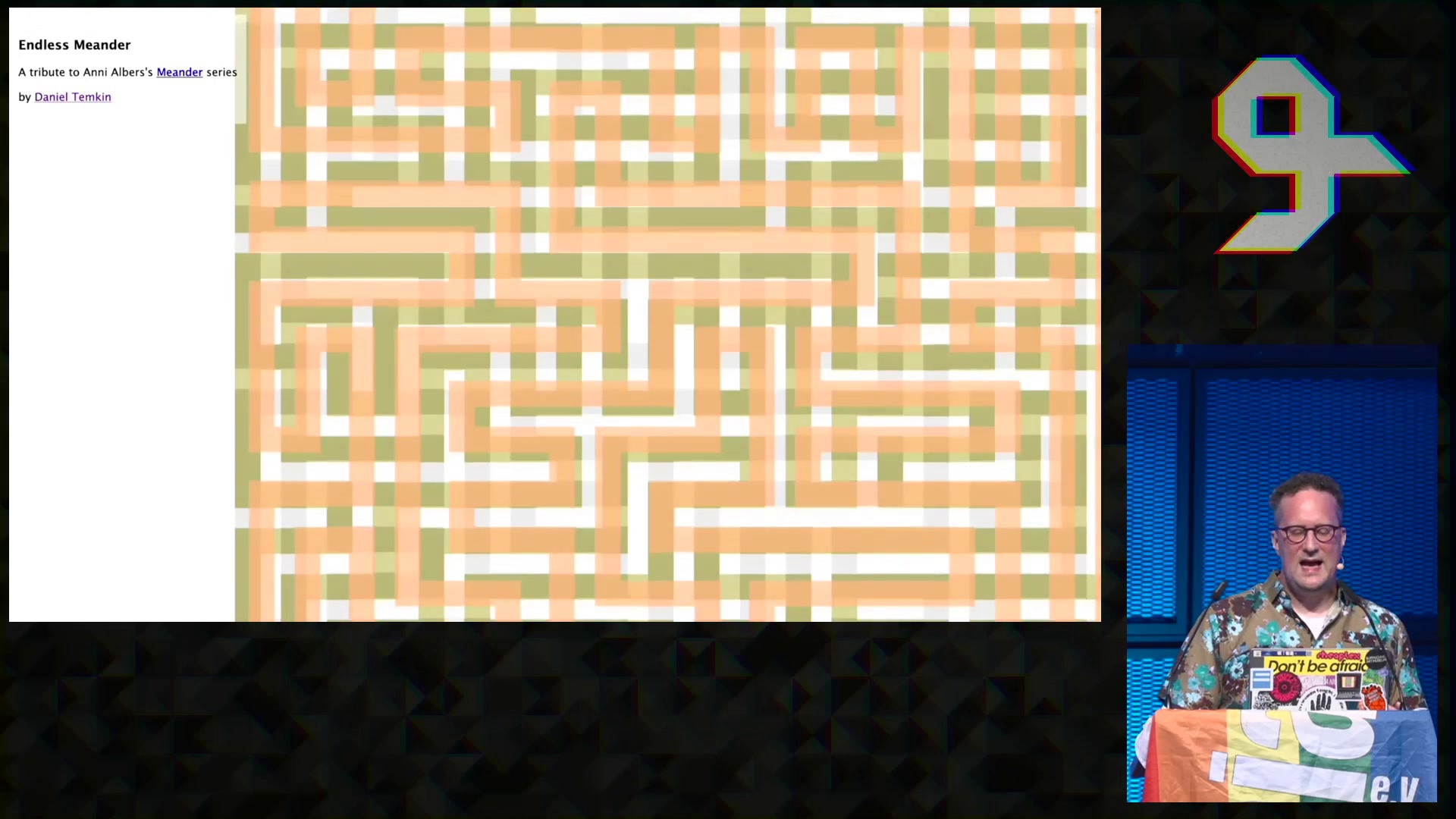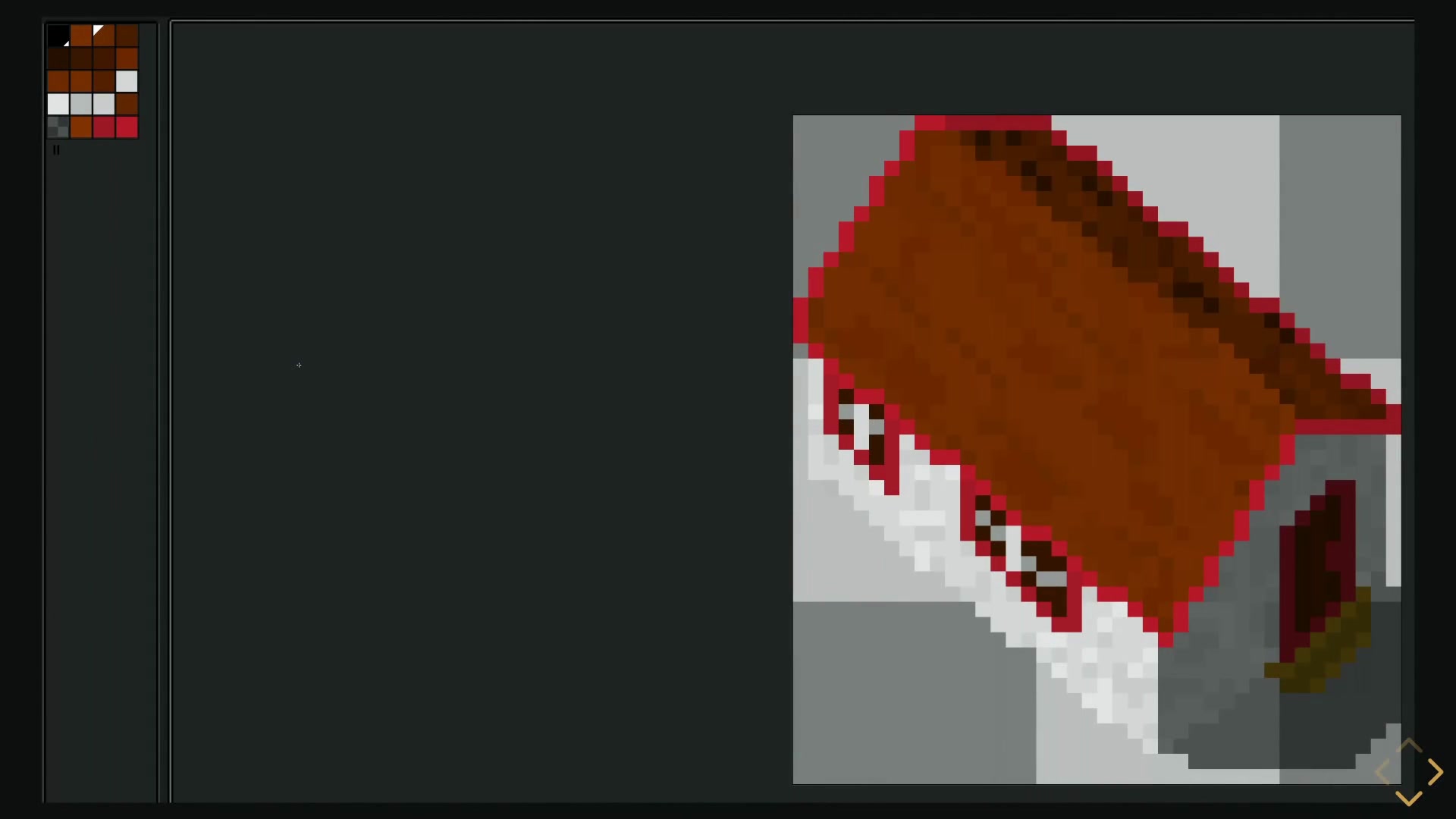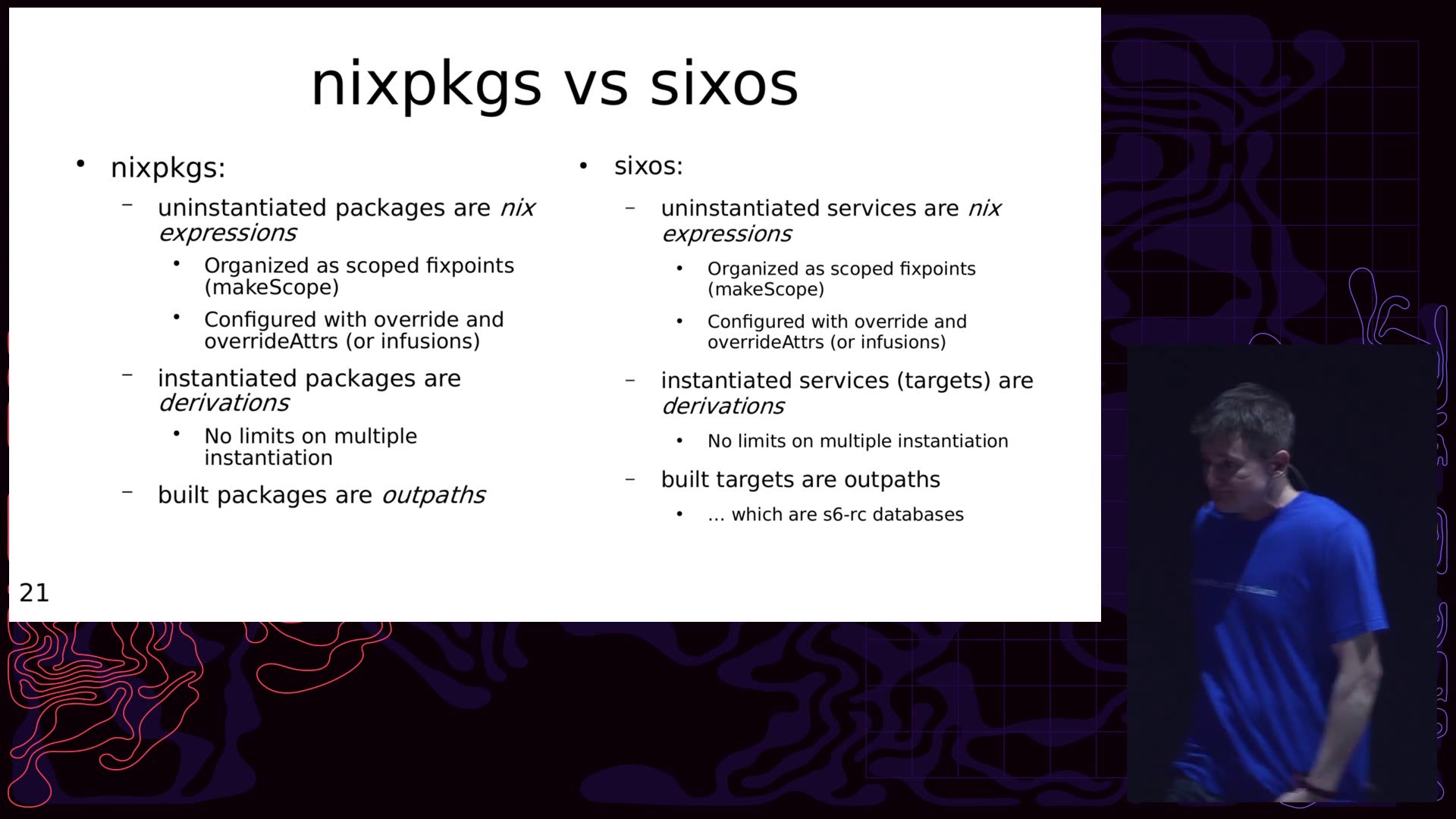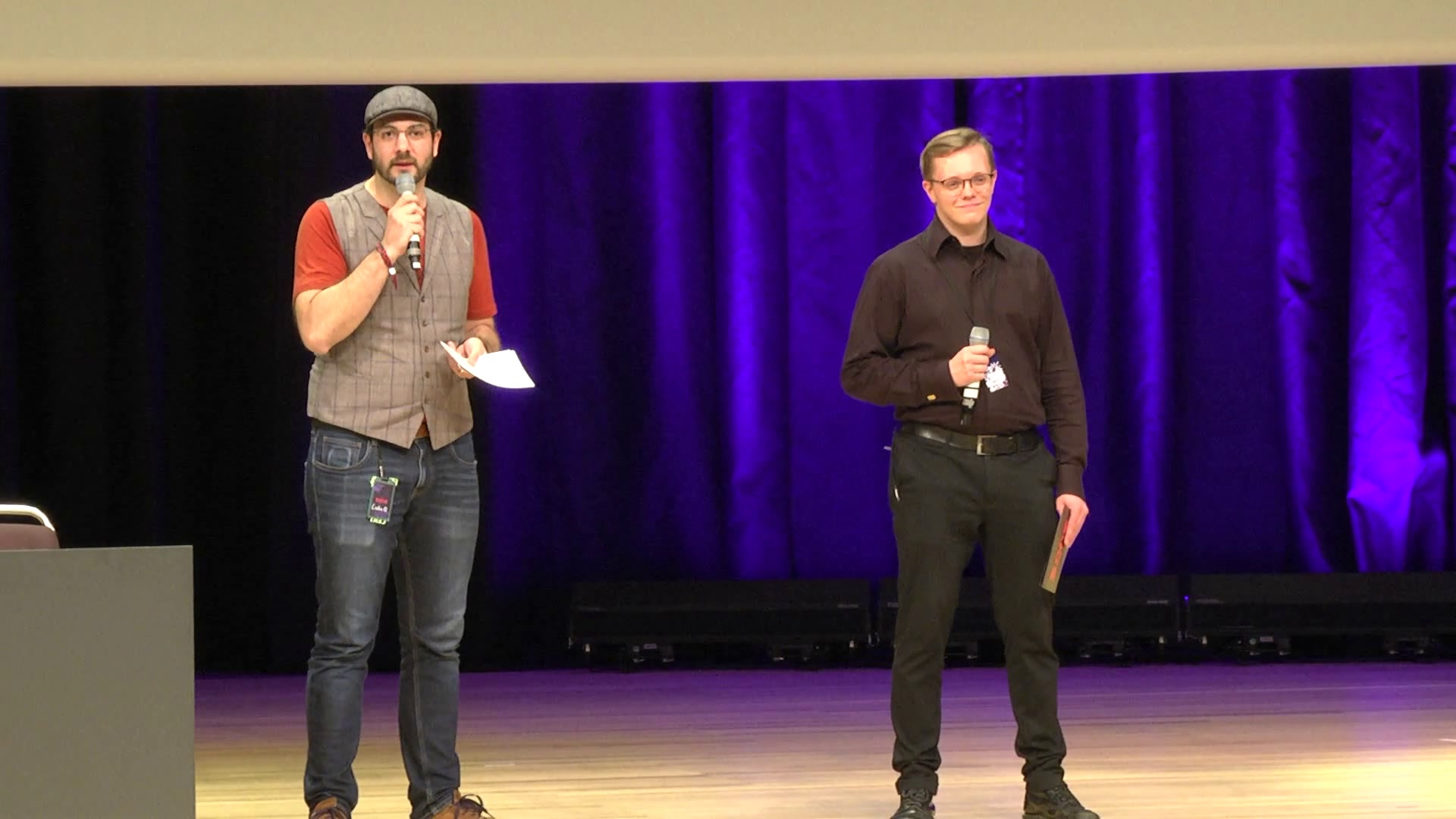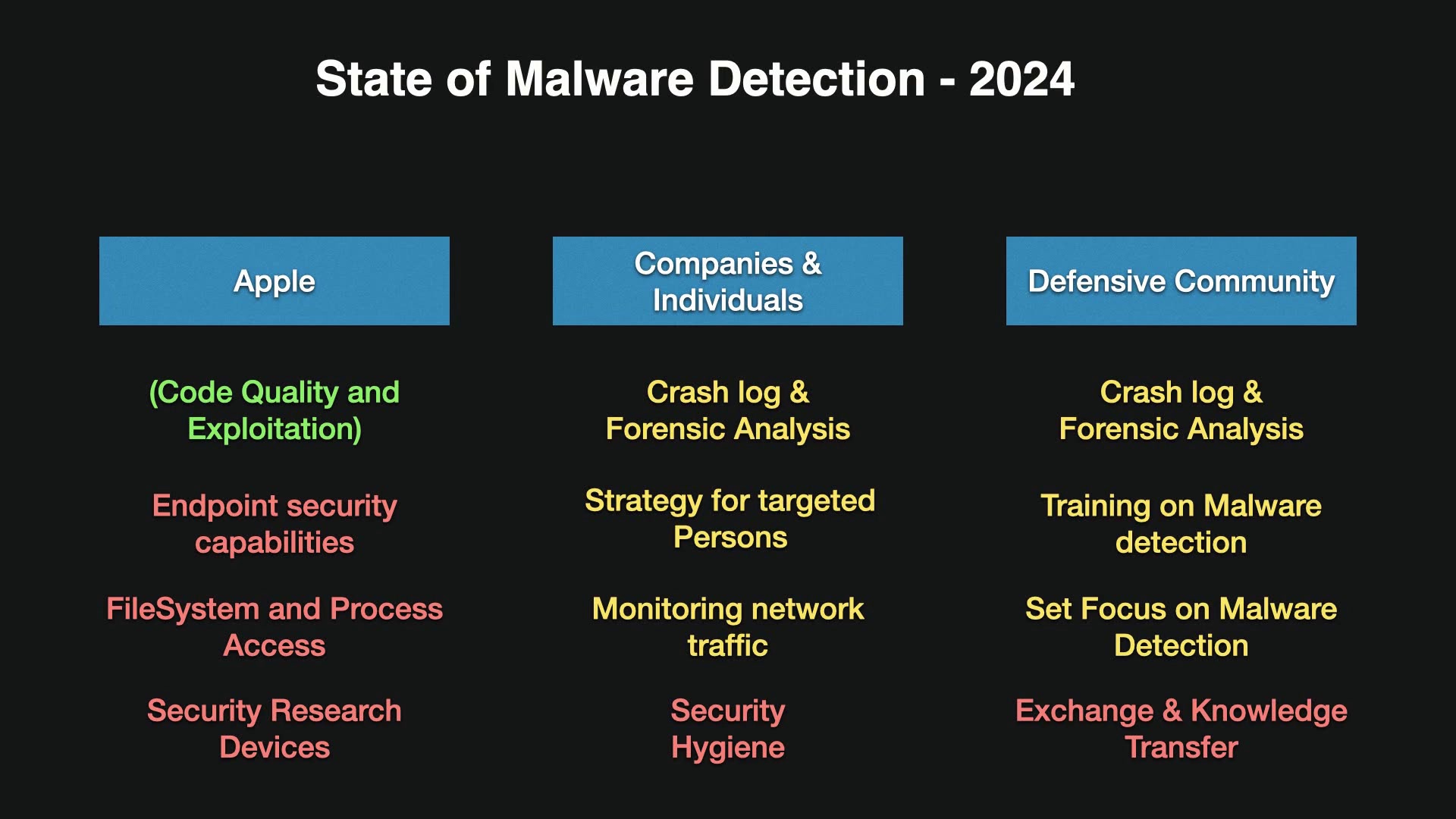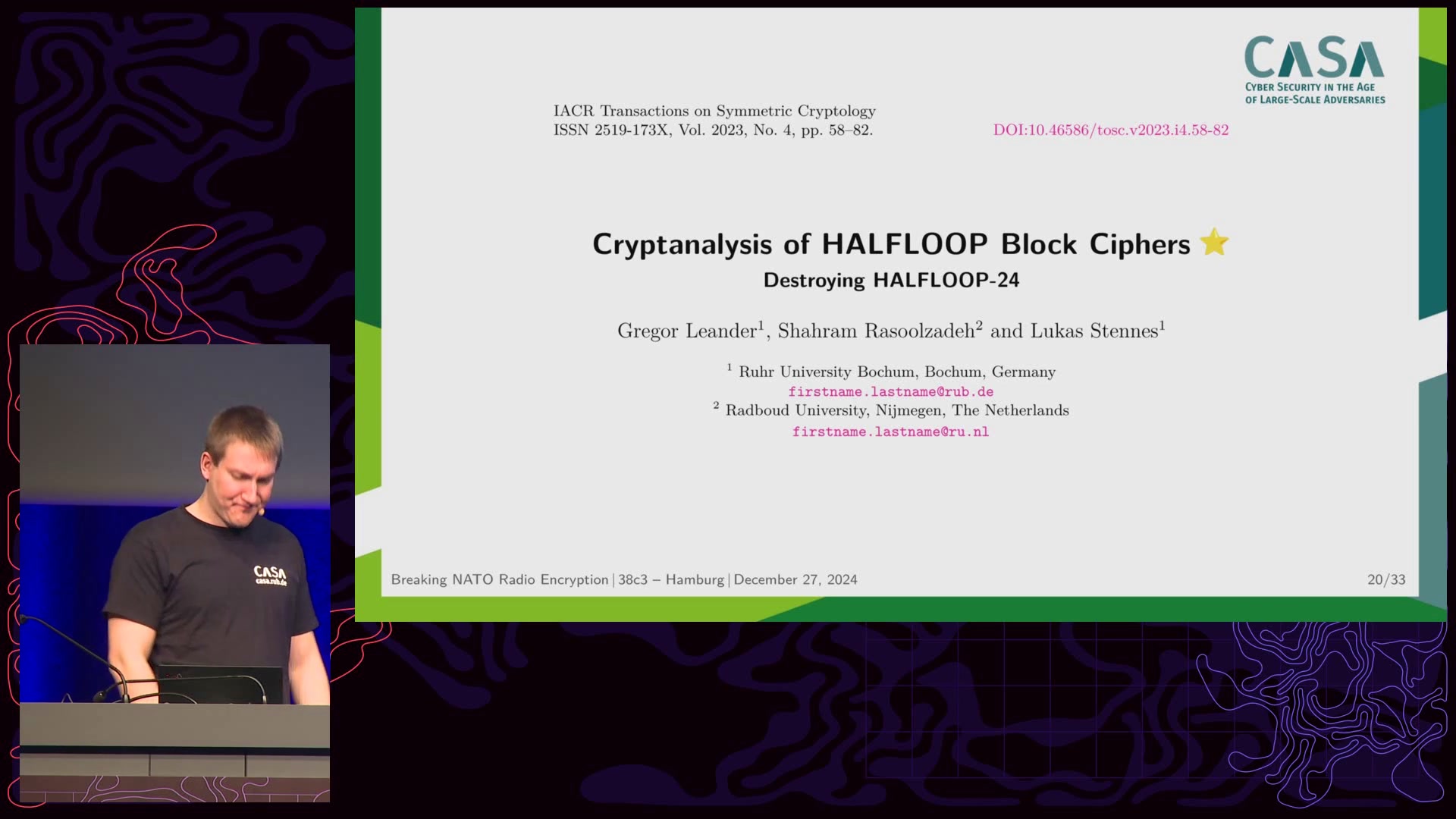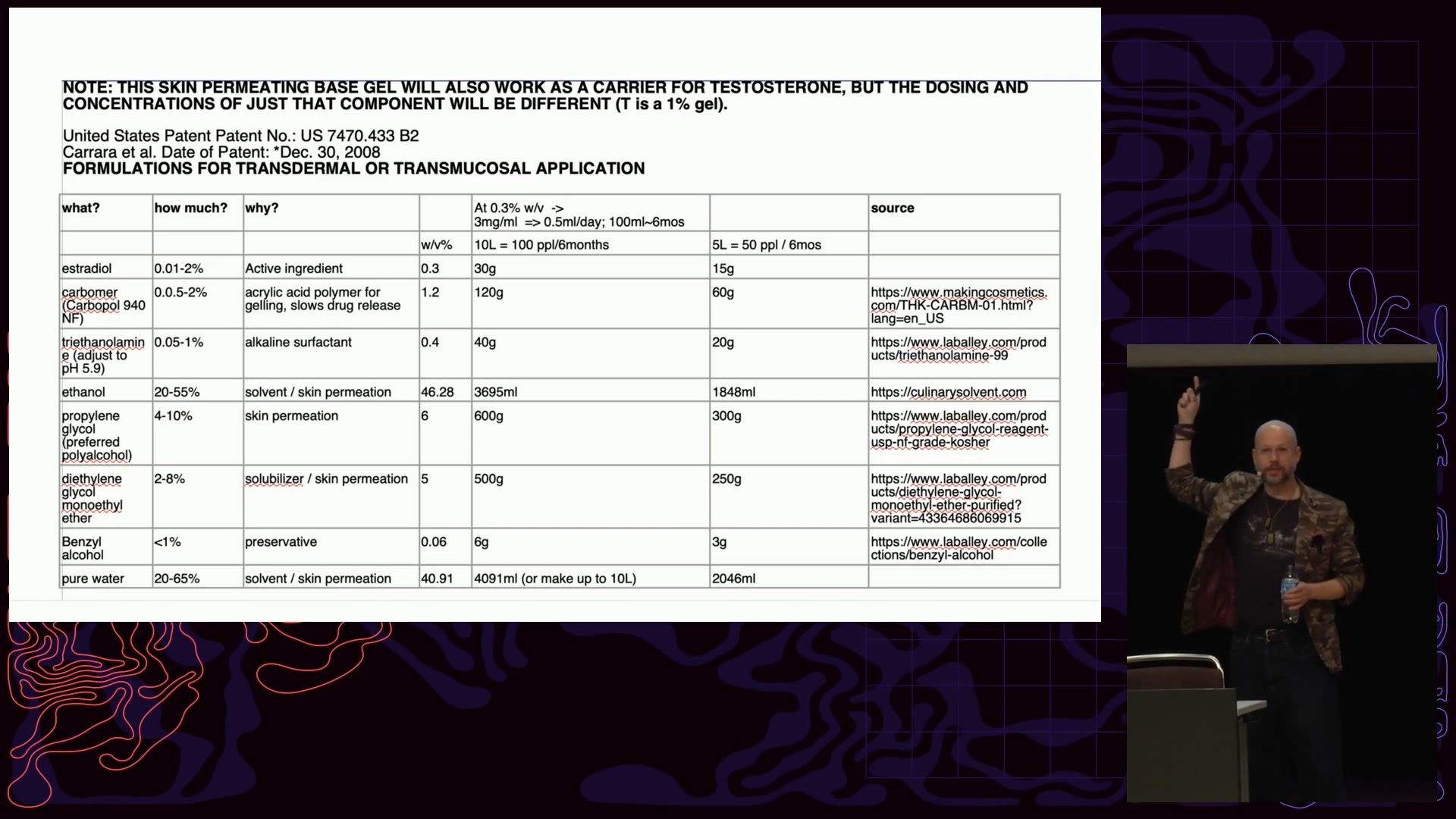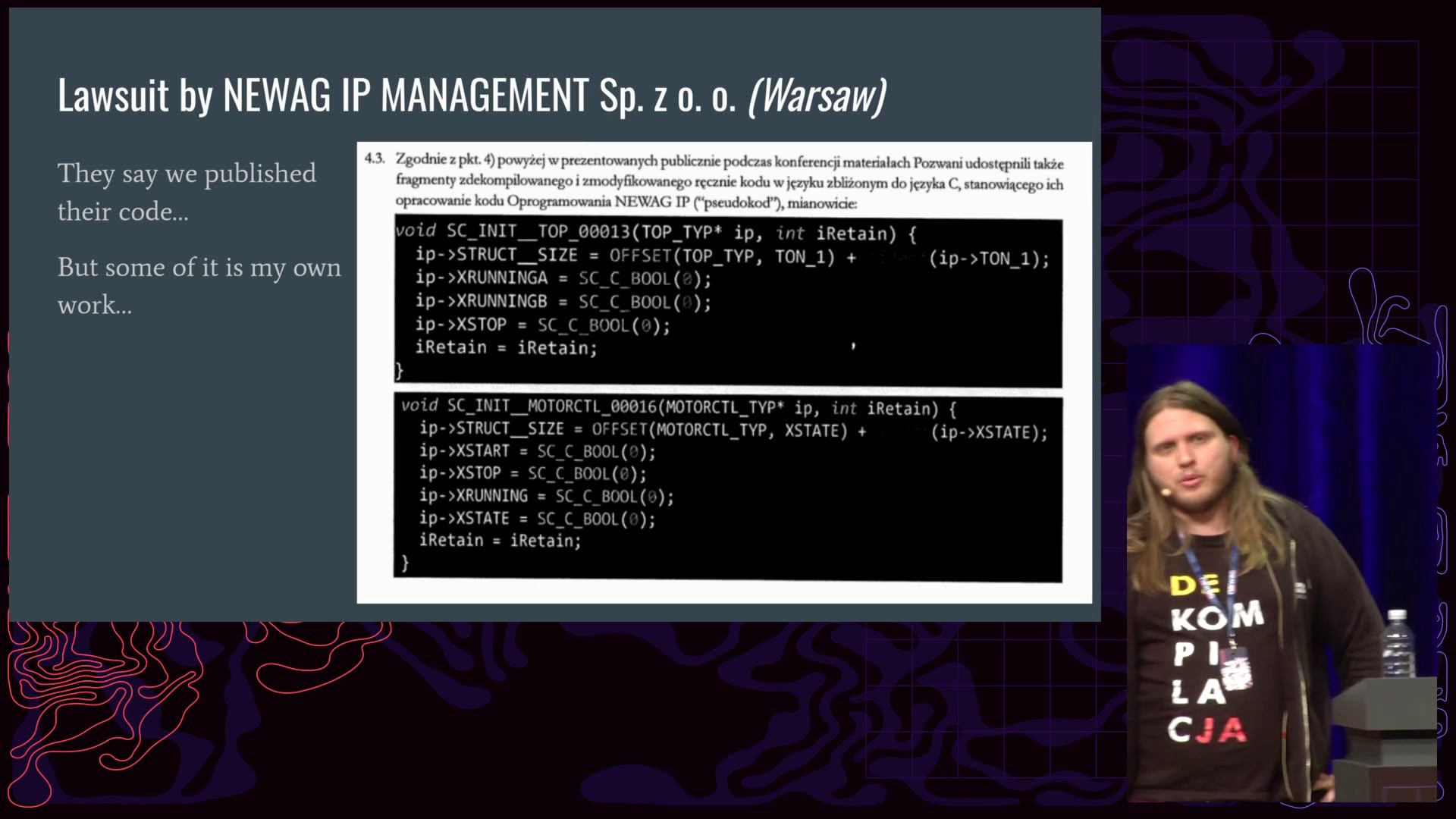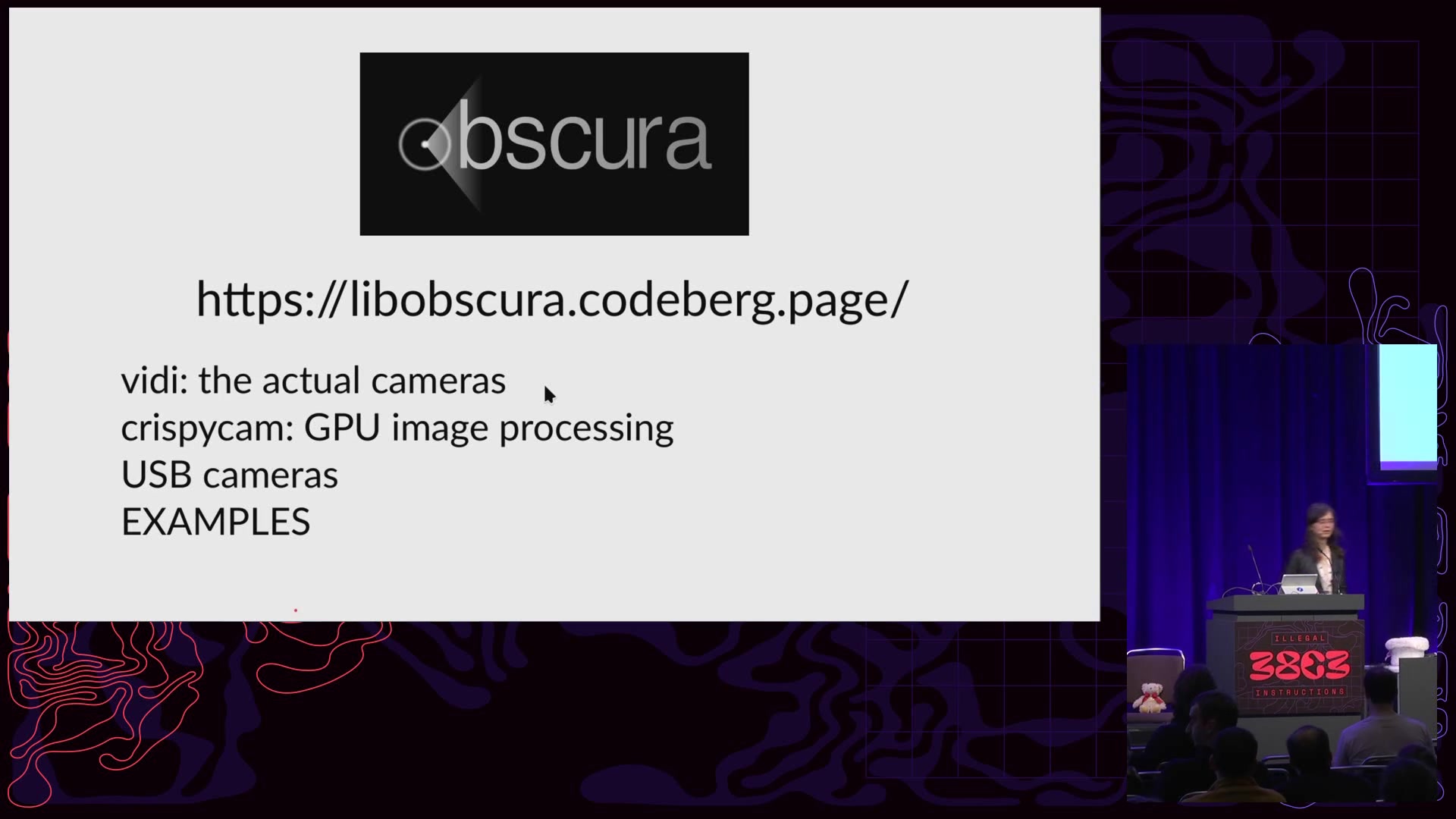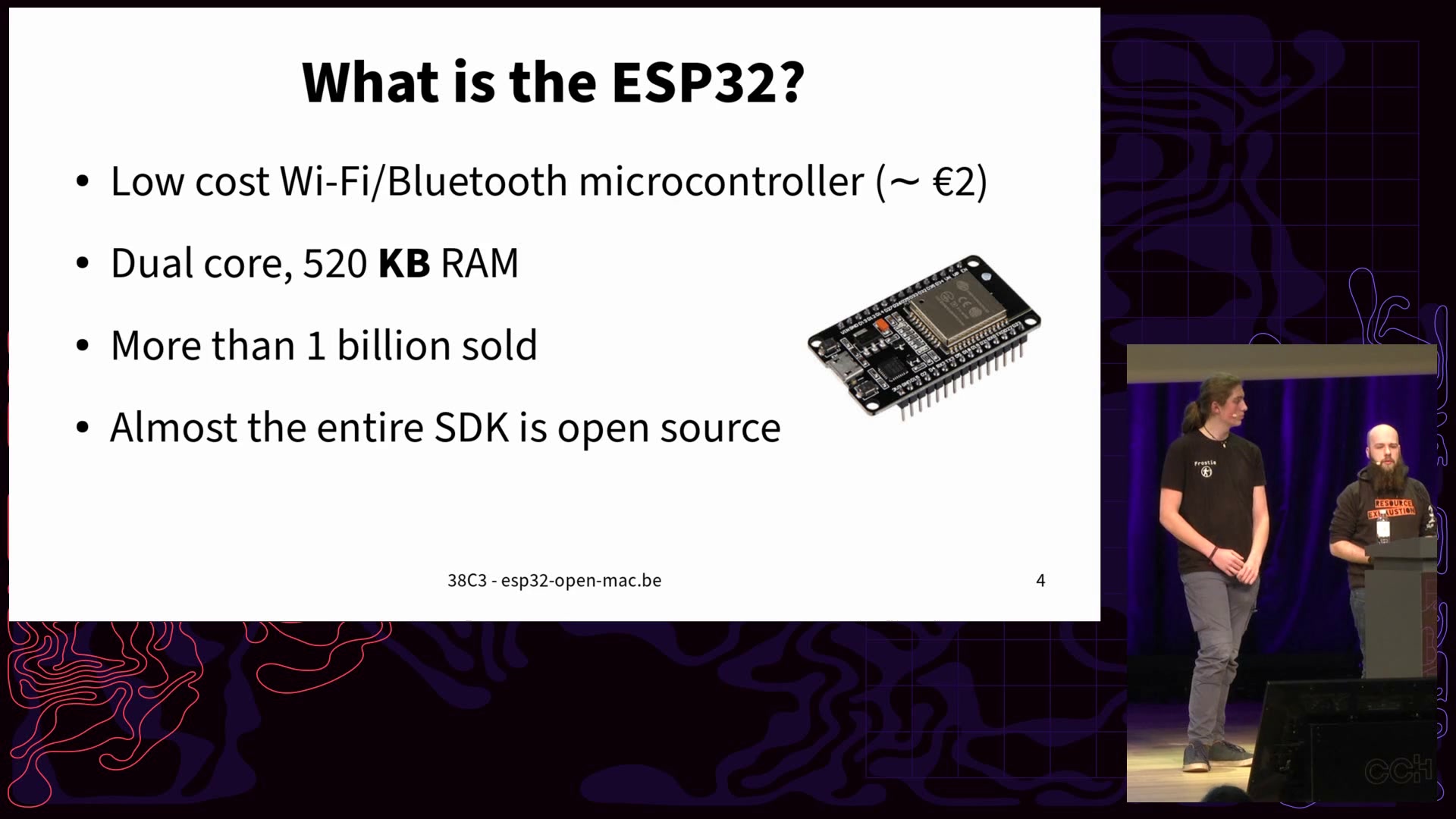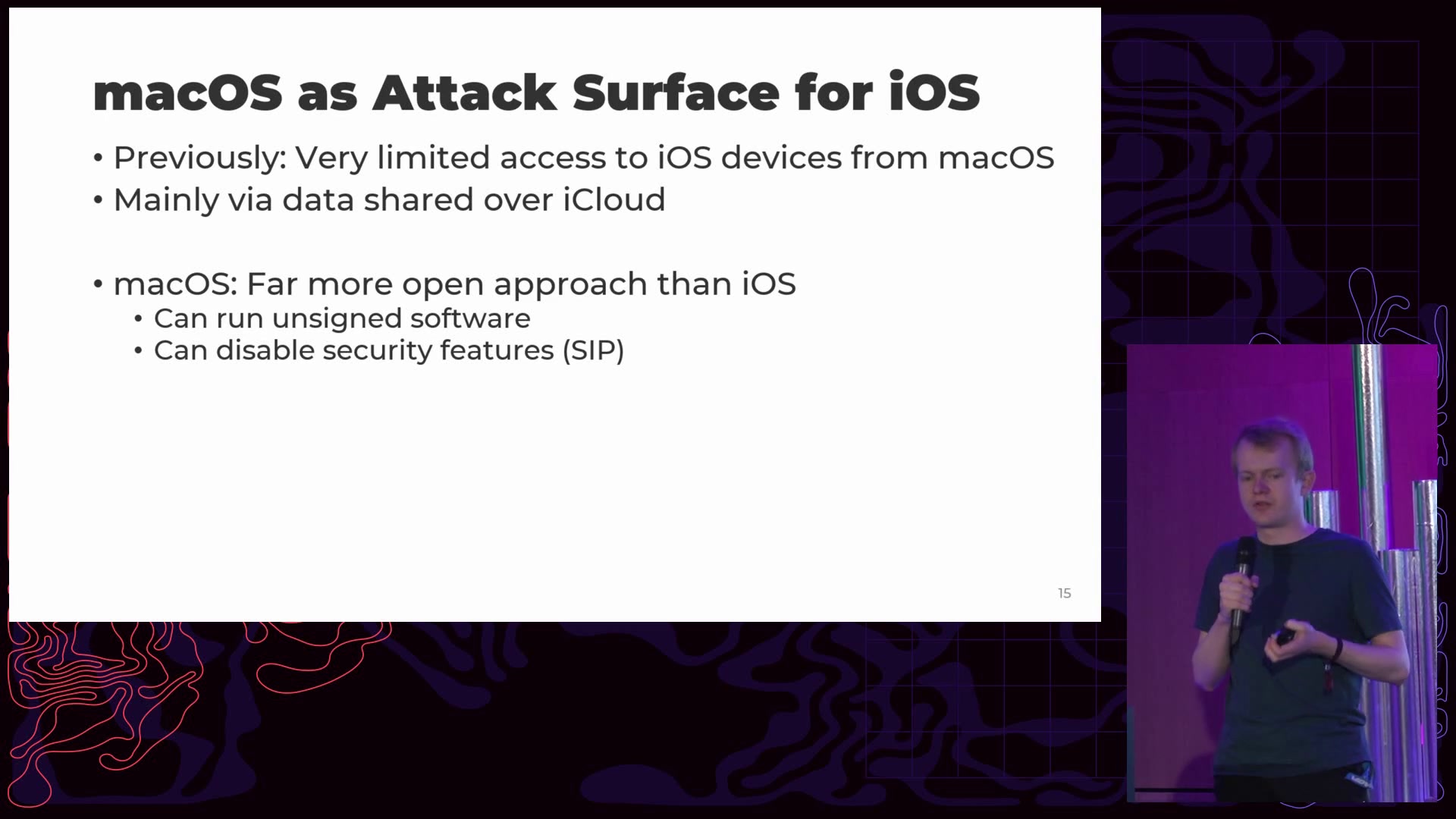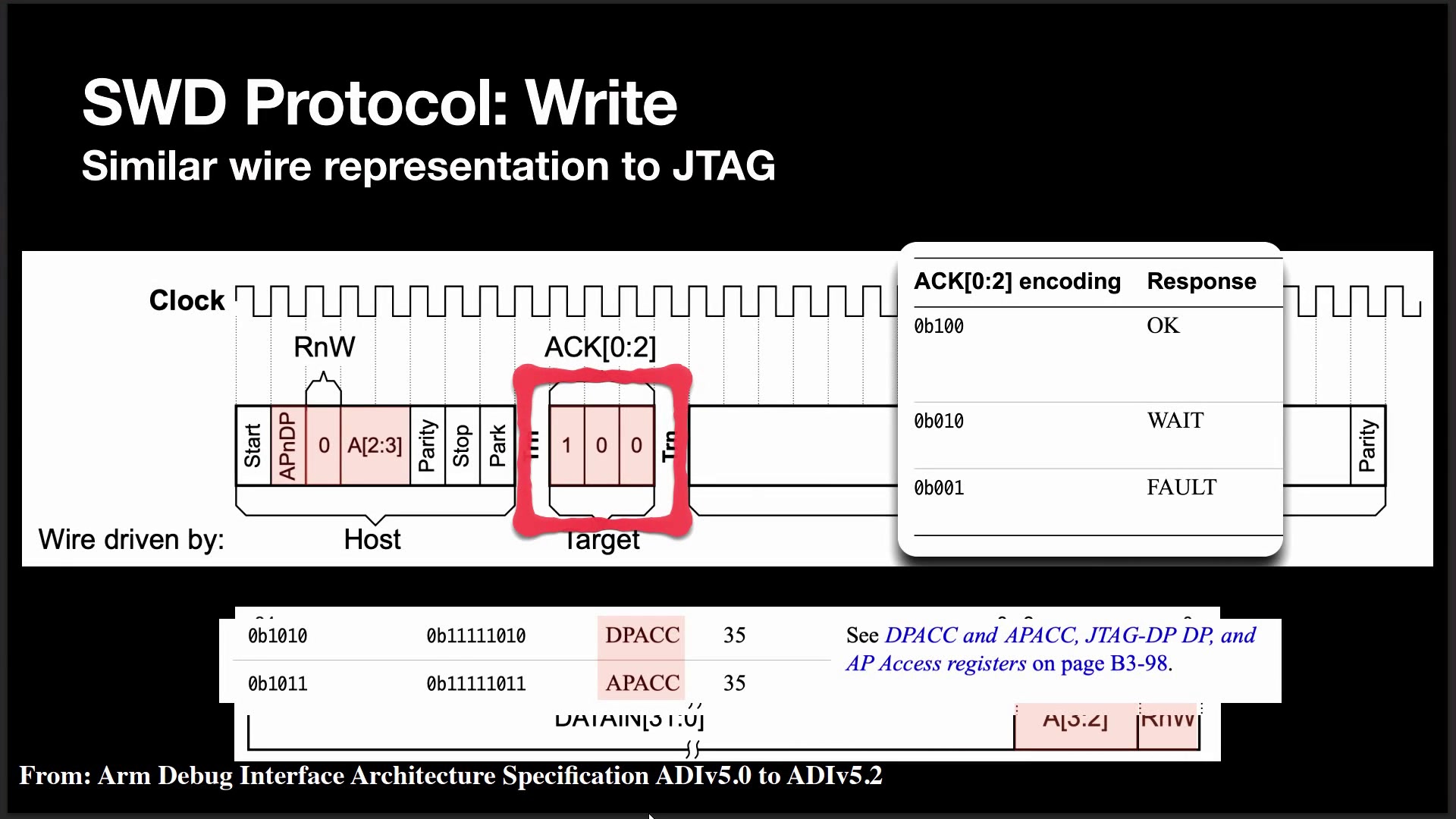Deep Dive into the Internet's Core: A Practical Guide to Internet Sovereignty
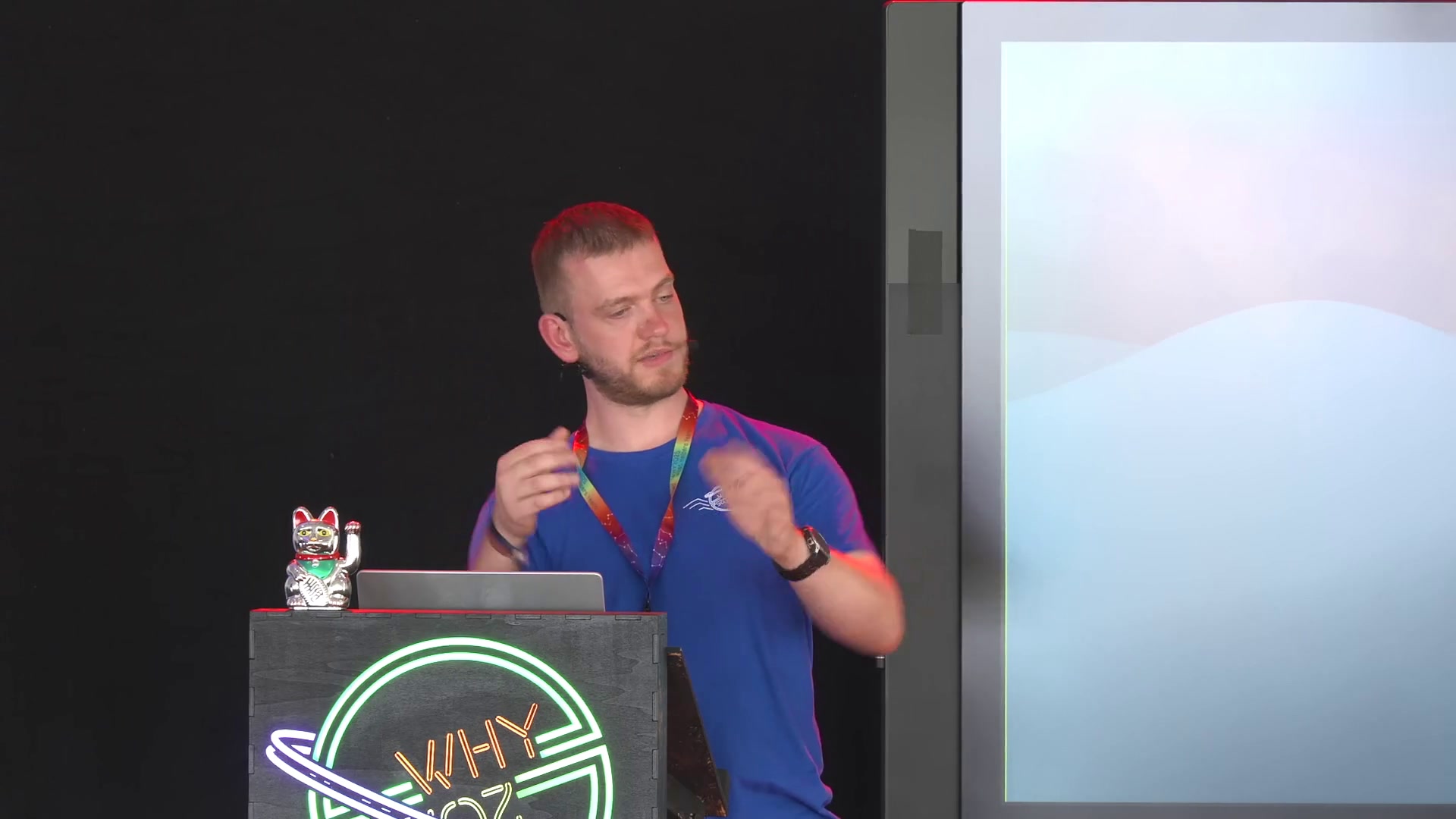
Nick Bouwhuis's Chaos Computer Club talk offers a deep dive into how the internet works at its core, empowering you to participate. Learn about BGP, AS numbers, IP prefixes, and more. Ideal for sysadmins wanting to enhance their networking skills, aspiring ISP operators, or anyone curious about gaining internet sovereignty. The talk blends theory with practical steps to get started, including a tour of the speaker's own network setup and its uses.
Read more